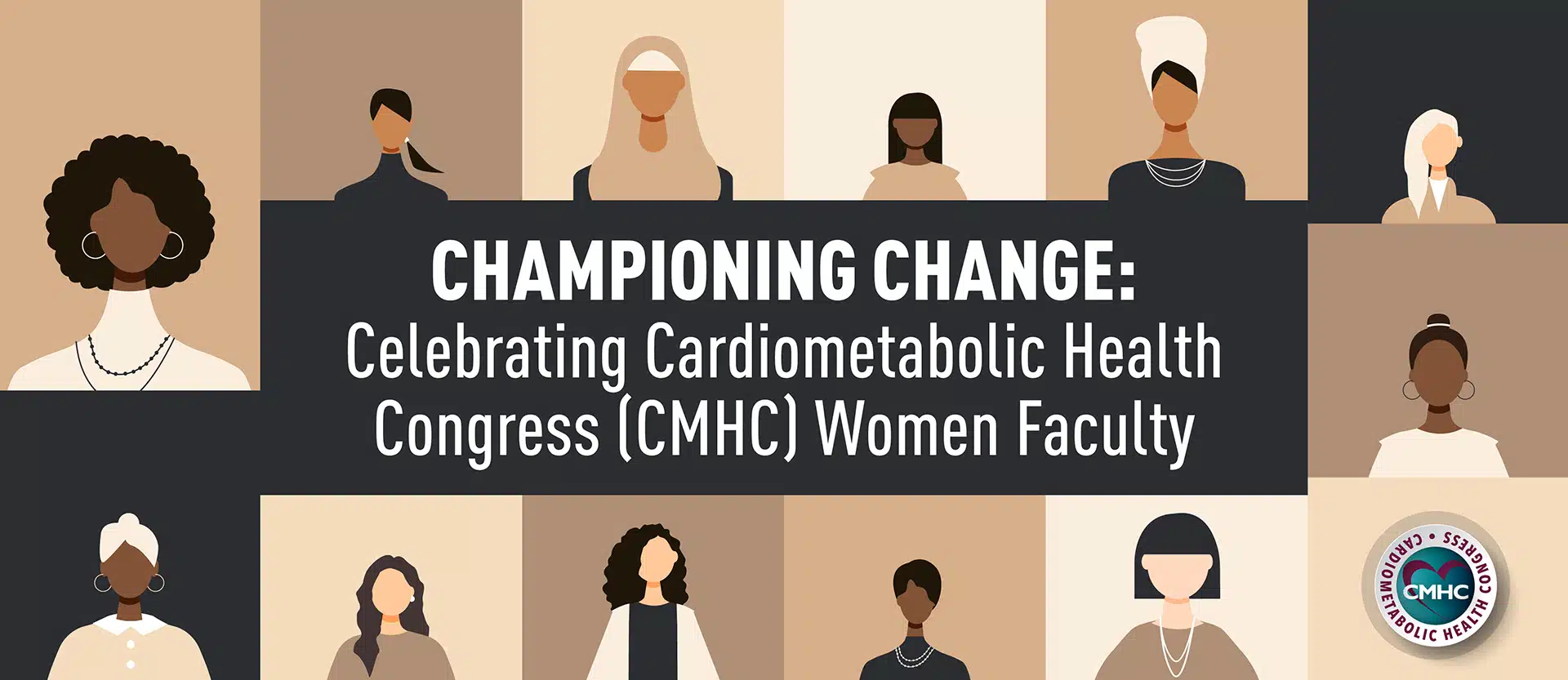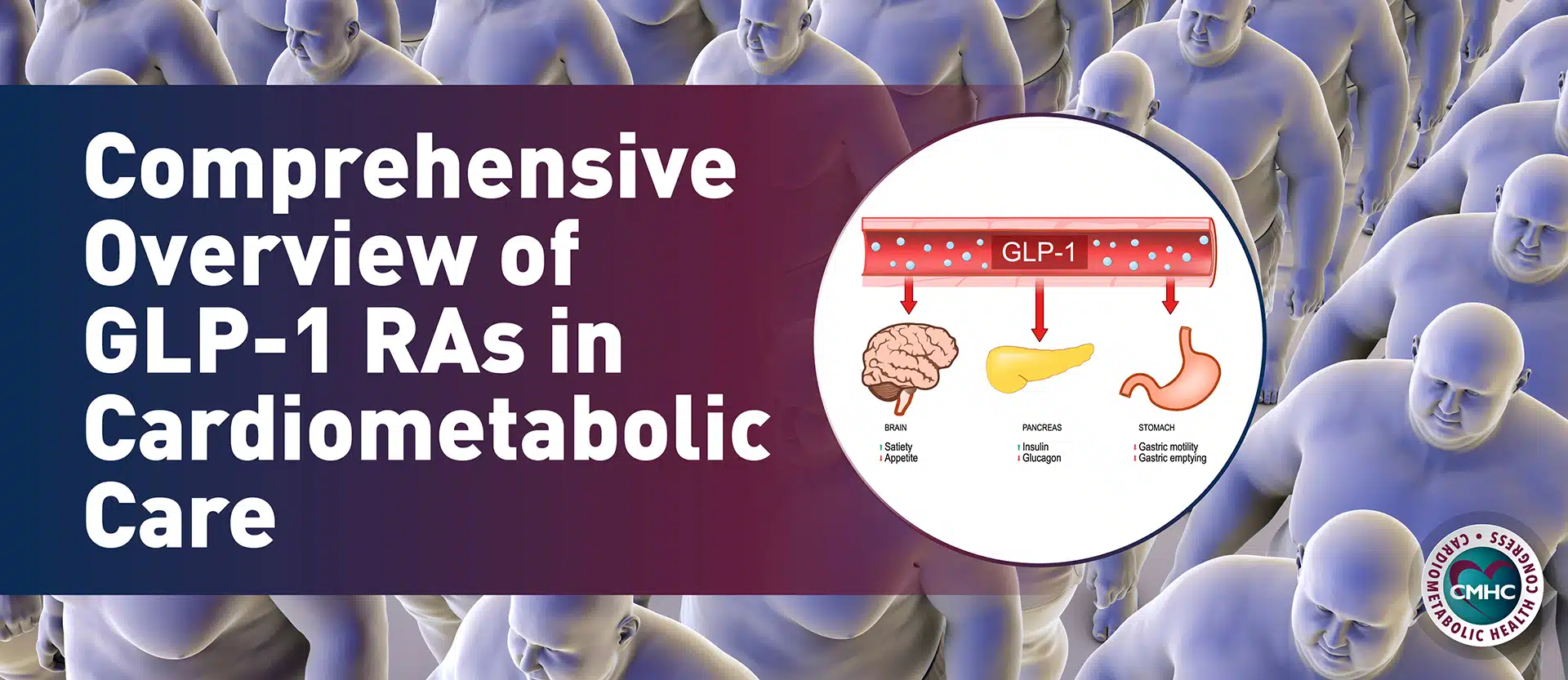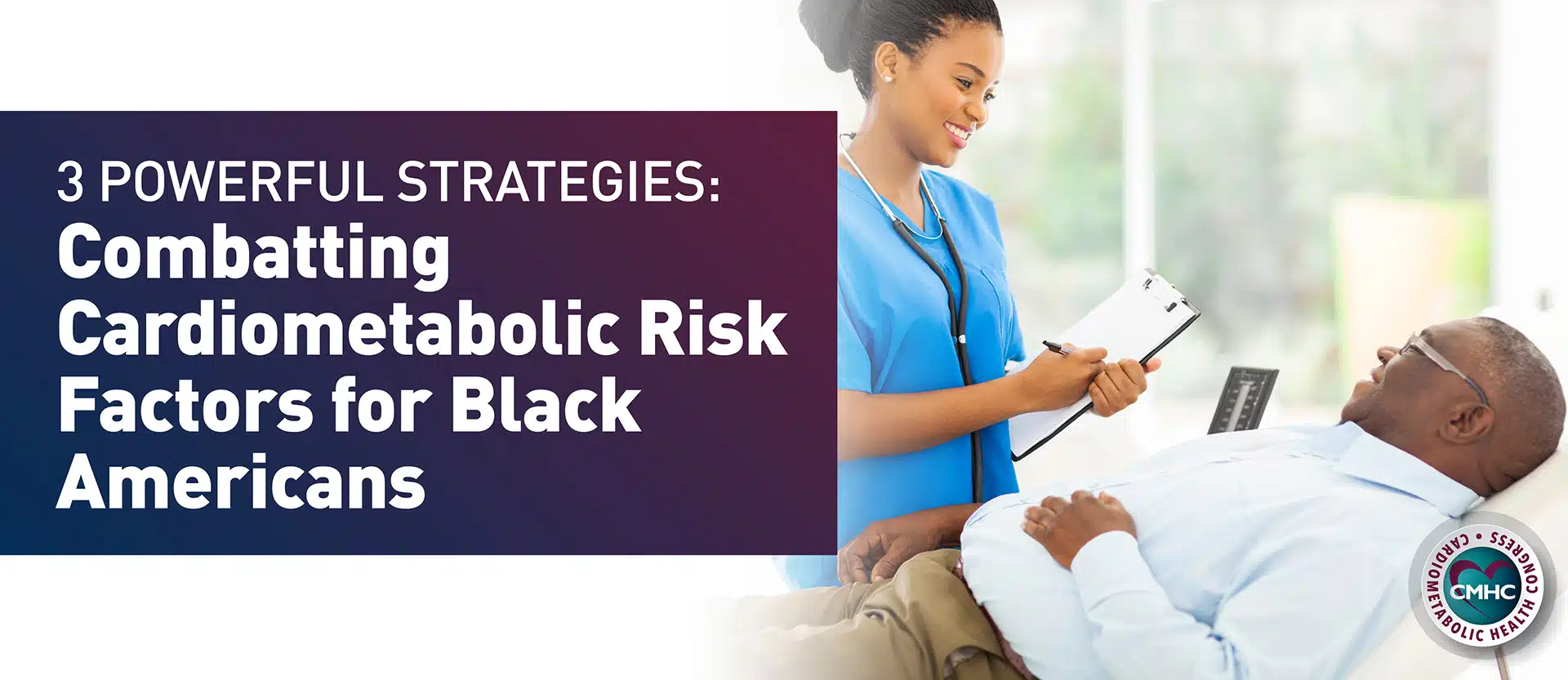At Cardiometabolic Health Congress (CMHC), we pride ourselves on having some of the most trusted names in cardiometabolic health on our faculty roster. Read more from around the industry, where many of our valued speakers have played instrumental roles in clinical trials and are sought after for their insights on recent data and emerging guidelines.

Dr. Michos and her co-investigators found:
- Average LDL cholesterol reduction after 28 days was 37.9% among participants who took the statin, while changes in LDL cholesterol levels among those who took any of the dietary supplements was comparable to those in the placebo group.
- The people in the statin group had an average 24% decrease in total cholesterol, which was a more substantial decrease than among the placebo group or any dietary supplement. However, compared to placebo, there was no difference in total cholesterol measures for participants taking any of the dietary supplements.
- Rosuvastatin resulted in a 19% decrease in blood triglycerides. Compared to placebo, there was no difference in triglycerides for any of the dietary supplements.
- There was no significant change in HDL cholesterol with rosuvastatin.
- Compared to placebo, the plant sterols dietary supplement notably lowered HDL cholesterol.
- Compared to placebo, the garlic dietary supplement notably increased LDL cholesterol.
- None of the study interventions notably impacted inflammatory markers in the blood that suggest a higher risk for heart disease during the 28 days of the study.
Read more in 6 common “heart-health” supplements ineffective at lowering cholesterol compared to statins, from the American Heart Association Scientific Sessions 2022.
Mikhail N. Kosiborod, MD, director of cardiometabolic research and co-director of Saint Luke’s Michael & Marlys Haverty Cardiometabolic Center of Excellence, was one of many CMHC faculty in attendance at the American Heart Association (AHA) Scientific Sessions on Nov. At the meeting, he presented data from the DELIVER trial, which is the largest SGLT2 inhibitor trial in heart failure ever conducted. Read more in Dr Mikhail Kosiborod Discusses the Clinical Importance of the Latest DELIVER Data on Dapagliflozin.
We clearly saw that patients who were the most symptomatic at baseline appeared to derive the greatest benefit when it comes to clinical events like reduction in cardiovascular deaths or worsening heart failure. And that’s one of the important conclusions. The second one is that patients experienced greater improvements in symptoms, as well as aspects of health status, physical limitations, quality of life, with dapagliflozin vs placebo, and we saw absolutely no evidence of any attenuation of that symptomatic benefit, even in patients with completely normal ejection fraction.” – Dr. Kosiborod


“Hypertension is the most powerful and prevalent risk factor for cardiovascular disease, including heart attacks, stroke, chronic kidney disease, and heart failure.” – Dr. Ferdinand

“In this multicenter, placebo-controlled trial, [Dr. Bhatt and colleagues] randomly assigned patients who had treatment-resistant hypertension, with blood pressure of 130/80 mm Hg or higher, and who were receiving stable doses of at least three antihypertensive agents, including a diuretic, to receive baxdrostat (0.5 mg, 1 mg, or 2 mg) once daily for 12 weeks or placebo. The primary endpoint was the change in systolic blood pressure from baseline to week 12 in each baxdrostat group as compared with the placebo group.”
Read more in the New England Journal of Medicine article, Phase 2 Trial of Baxdrostat for Treatment-Resistant Hypertension.
Congratulations and THANK YOU to our esteemed faculty, who proudly make headlines as they carry the torch toward a comprehensive, multidisciplinary model of care we like to call CARDIOMETABOLIC MEDICINE.
You can see many of these luminaries in cardiometabolic health at the CMHC Spring 2023 in Orlando and the Women’s Cardiometabolic Health and Wellness Masterclass in Southern California.

















